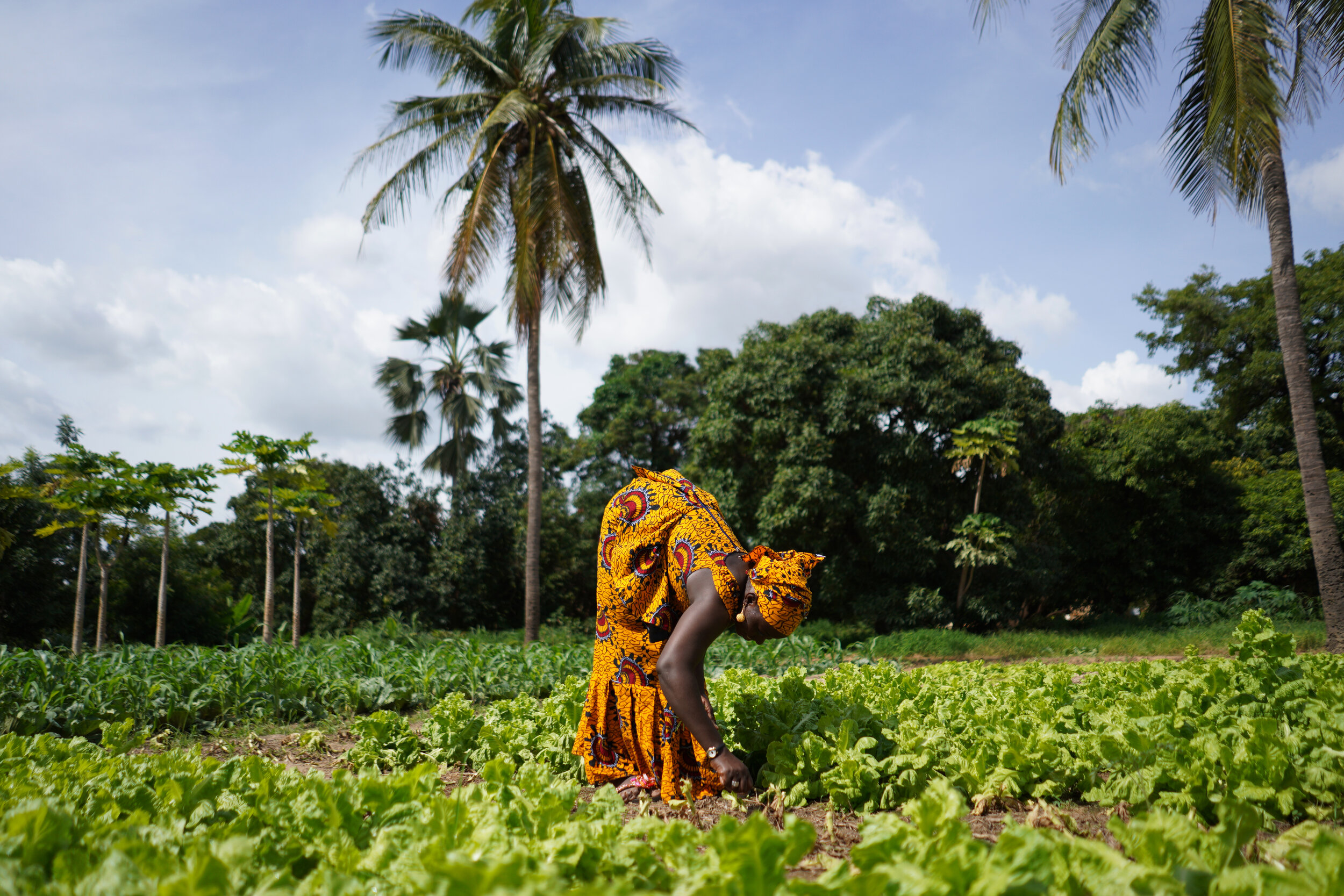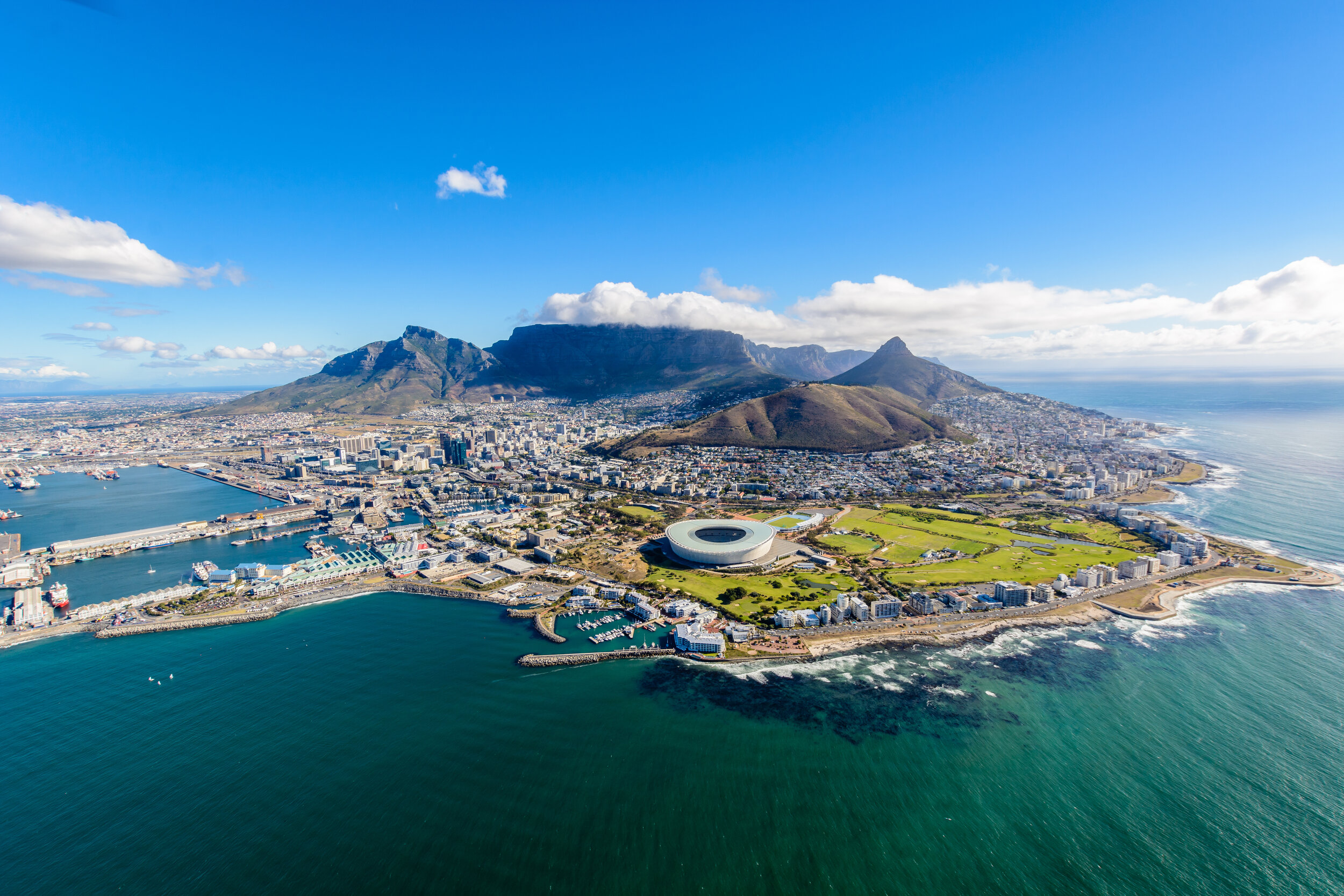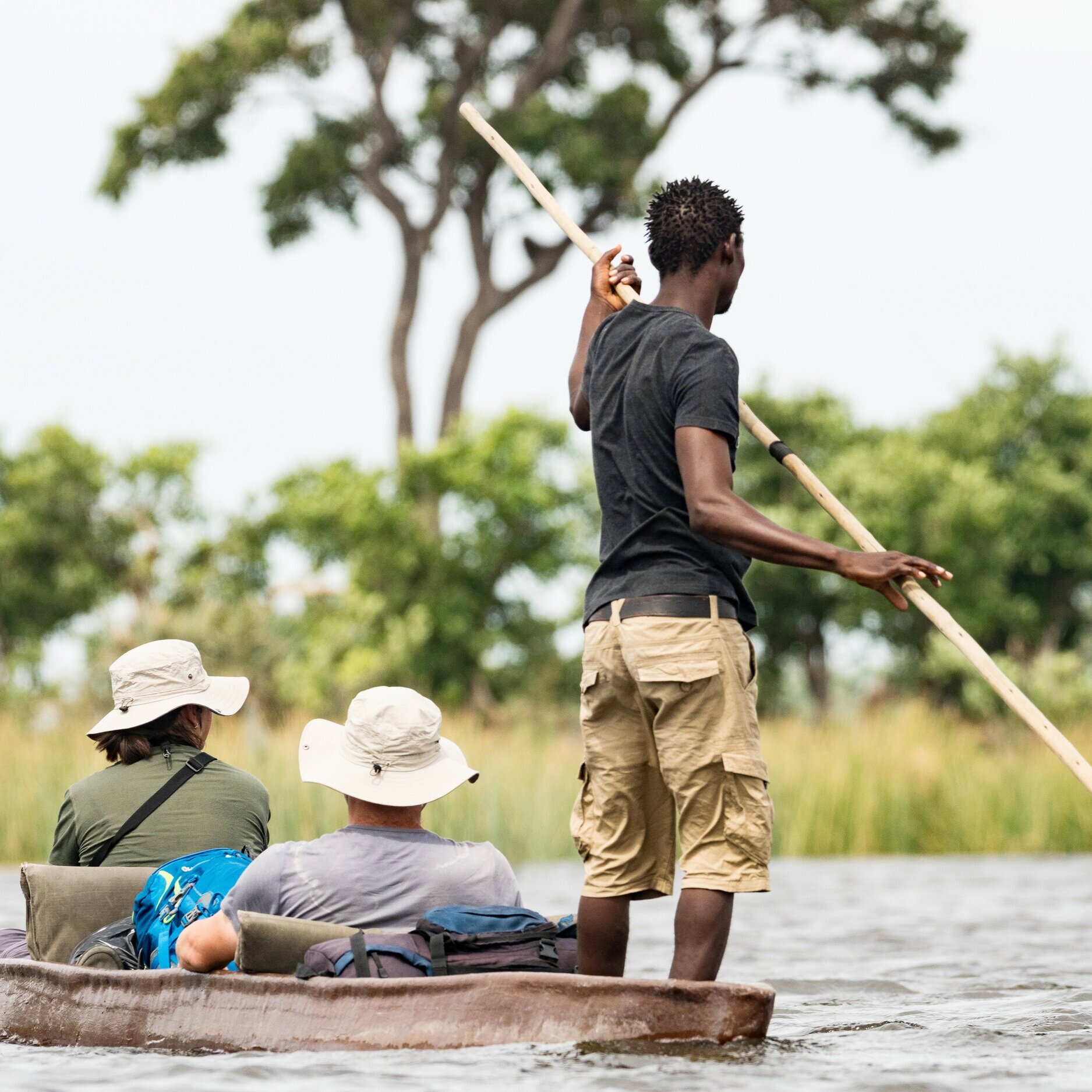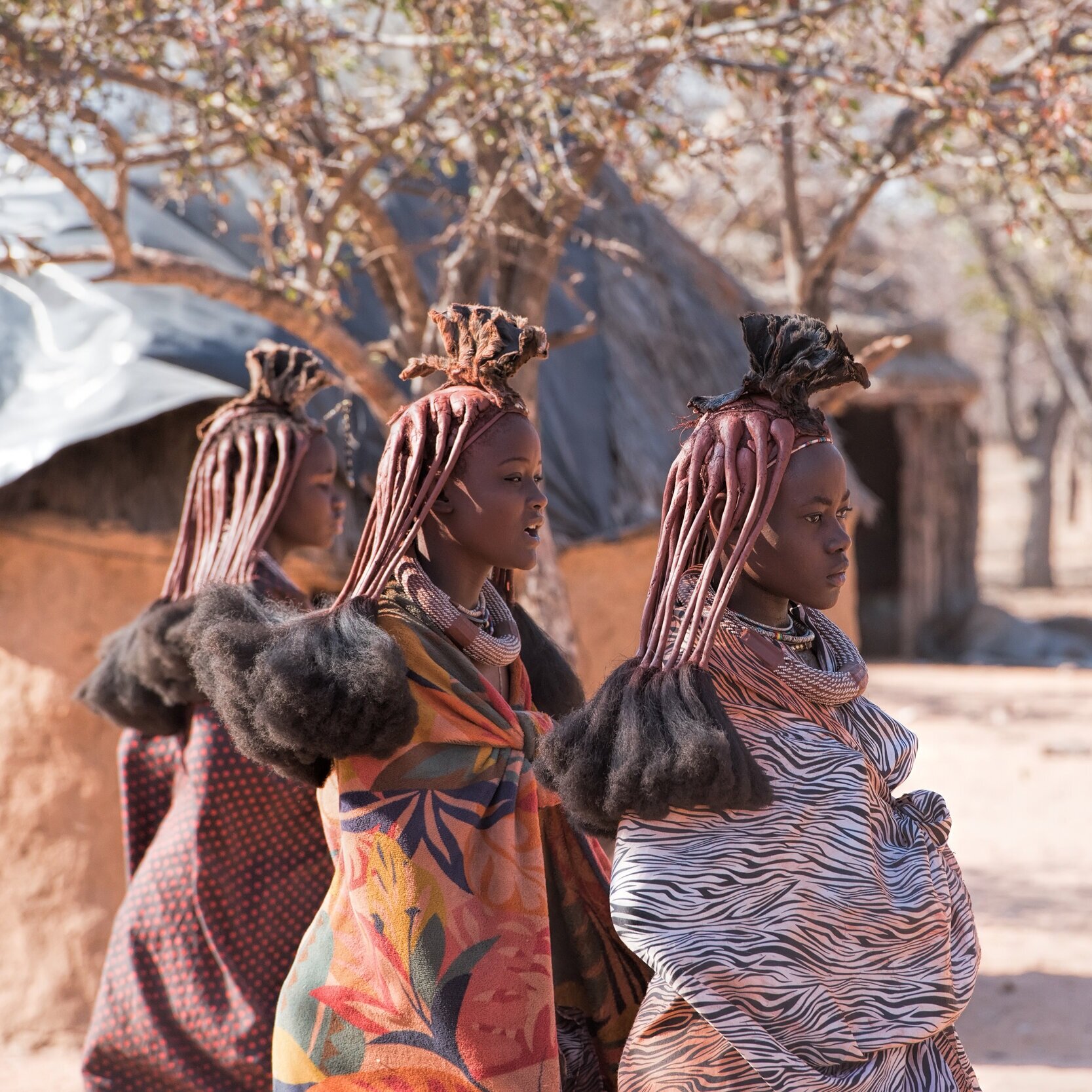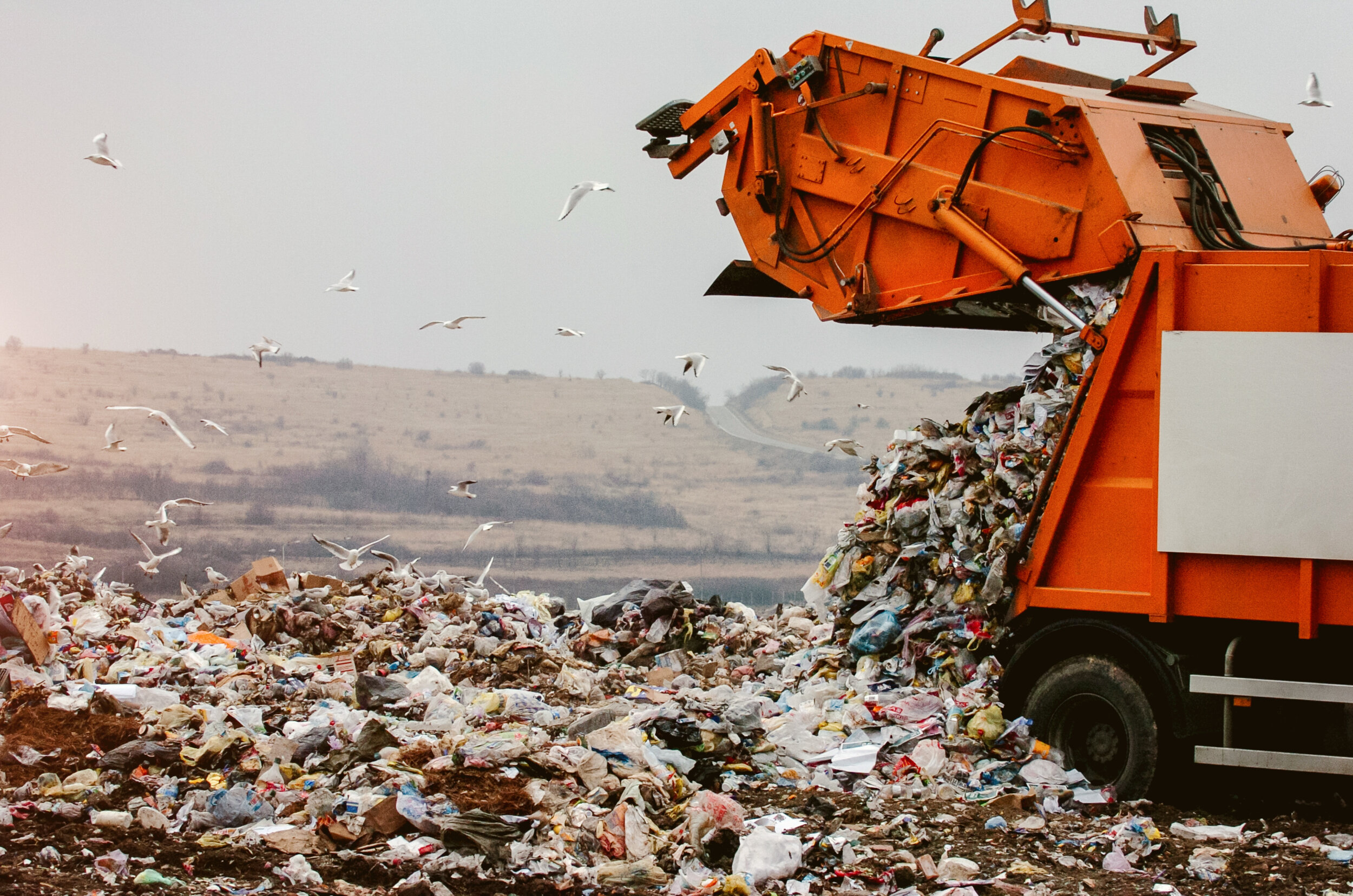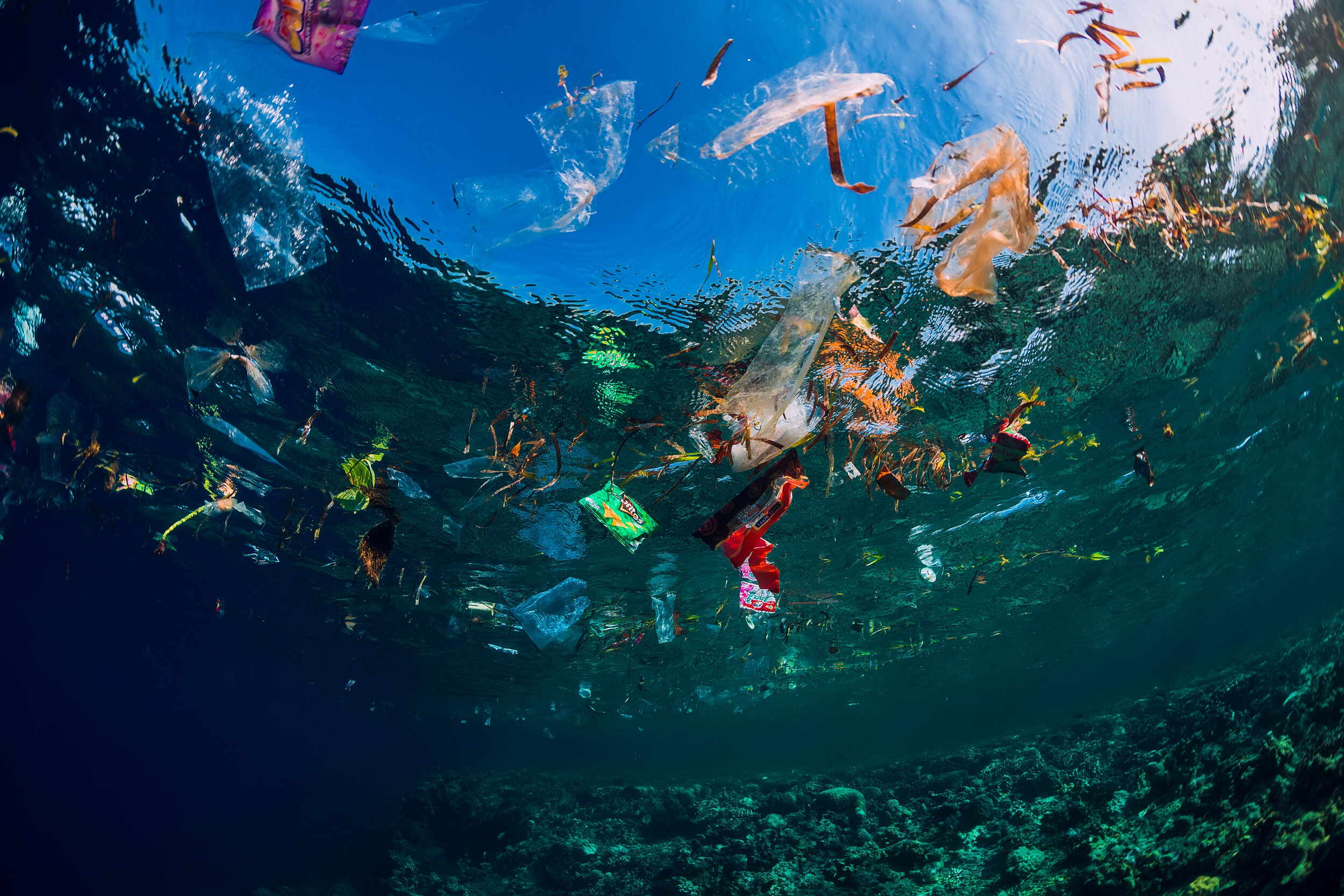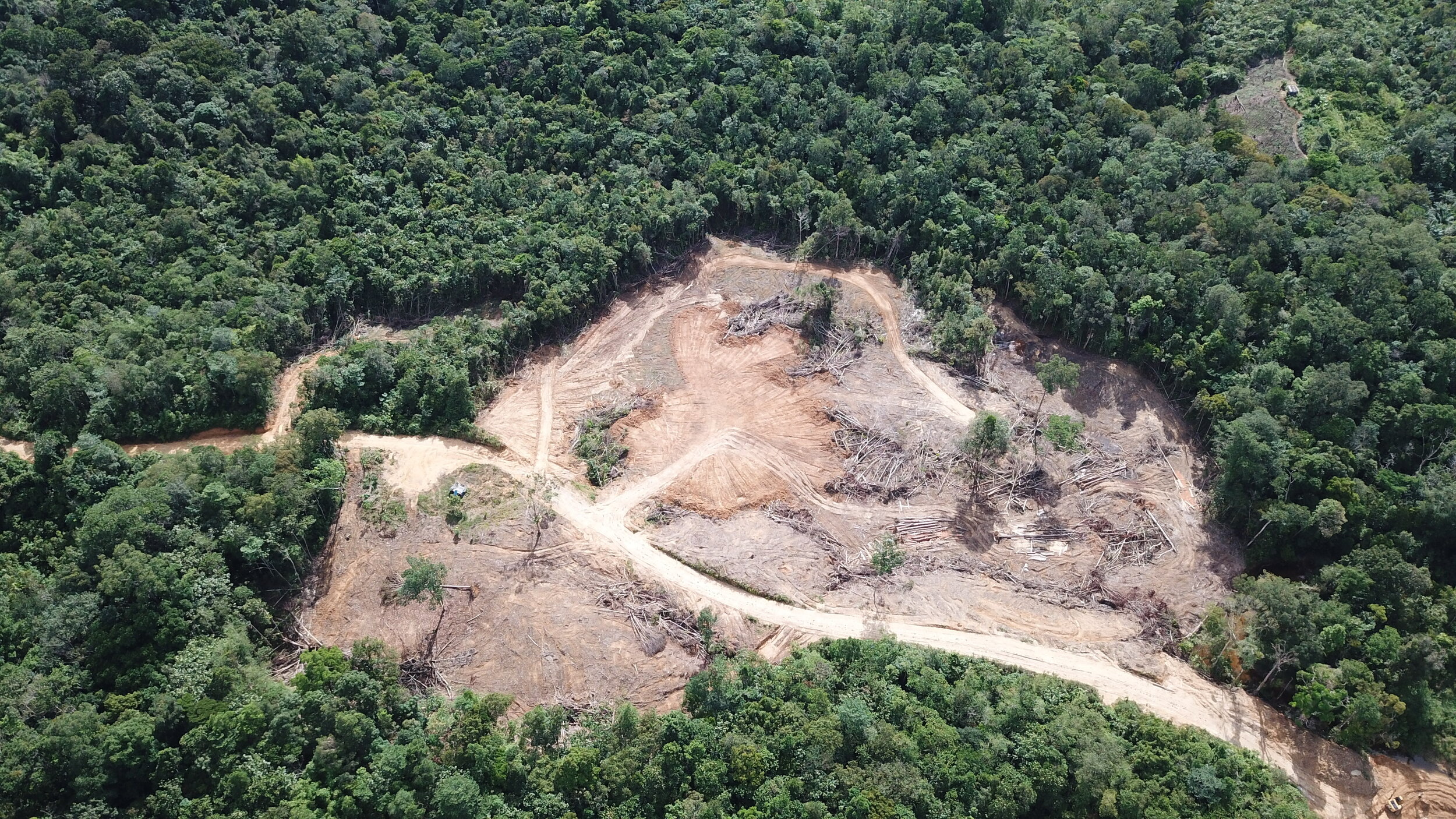The Complete Guide to Being a Sustainable Traveller
Written by Jess Tyrrell
The purpose of this holistic guide is to prepare you, a bold traveller, to be an all-rounded expert at sustainable, responsible travel. Sustainable tourism is different to ecotourism in that it does not only consider the environment. Sustainable travel is multidimensional and considers the social and economic aspects of travel too. It asks us to think about the planet and people and to be aware of the footprints we leave behind.
To avoid negatively impacting the people and places we visit, we ought to practice being responsible tourists, and this guide will show you how.
Culture & People
We believe in the two-way transformational power of travel — where the community visited benefits through economic development and cultural exchange, while the traveller is enlightened and transformed by the experience. Led by respect and curiosity, the responsible travellers pledge to locals and their customs goes something like this:
I pledge to read up on and understand the local culture in the destination I am travelling to and promise to respect my hosts, their way of life, and their way of dress.
By respecting the religion, culture and practices of your host country, you will be maximising the authenticity of your trip. Appreciate that travel is showing you a way of life different to your own.
The respectful travellers’ rulebook:
Dress appropriately
Research the local religion and cultures when you are packing clothes, and dress accordingly on your trip. Do not wear short skirts, bikinis and revealing dresses in conservative countries, especially at religious and cultural sites.
2. Ask before taking photographs
Locals, and their homes, are not museum exhibits. They are human beings that may not like having their picture taken. Make sure to ask if you can take someone's picture, and offer to pay them a small fee in return. If you are planning on selling or benefiting from your photographs, this is especially important.
3. Be kind and considerate to locals
Greet, thank and acknowledge the people whose country you are visiting.
Learn some phrases from local dialects before you arrive, like:
Thank you
Please
Hello
Goodbye
Do you speak English?
This expresses your interest and willingness to learn about local customs and improves your authenticity as a tourist. You can use Duolingo, Youtube, or even a phrasebook to help out with basic phrases!
Additionally, do not shortchange or bargain excessively with locals as their trade is likely their only source of income. Give seated positions on transport to the elderly and to pregnant women, and offer to help those who need it.
4. Follow local etiquette
Research traditions and gestures before arriving, as some common hand signals or body language may be inappropriate. This includes how you greet, eat, show affection, speak and even tip! Here's a growing guide to cultural etiquette in Africa.
5. Purchase and eat local
By ditching commercial, foreign-owned chain restaurants and choosing to eat local, you are supporting the local economy. Local cuisine is often delicious, cheap and uses locally sourced ingredients and produce.
Order some local delicacies from street food stands, small restaurants, and markets.
Similarly, you should only buy crafts and curios directly from the crafter or their business, this ensures that they receive all the profits. An added responsible travel bonus is that by purchasing local ingredients and crafts, you are cutting down on the carbon emissions that would have otherwise been generated by international supply chains.
6. Volunteer and support ethical, local non-profits
Volunteering with non-profit groups on the ground is a great way to give back to local communities. You will be directly supporting and contributing to the livelihoods of the people and children that you assist. This being said, you have to do your research before helping out, as some organisations have ill intentions.
Also, short volunteering stints (less than 6 months) can actually prove to be disruptive instead of helpful so consider only volunteering if you can make a long-term commitment. Otherwise, do your research beforehand so that you only donate to bonafide organisations. You do not want to be like white saviour Barbie in Africa.
Environment
In recent years, responsible environmental practices have gained significant attention. Responsible environmental practices include behaviour and consumption. With the advent of ‘eco-everything’, the phenomenon of ‘greenwashing’ has also arisen. This is when companies or products claim to have 'green' credentials that are actually unfounded, misleading or inflated. In order to be a savvy and informed environmentalist, read these tips, and our top 5 sustainable travel hacks.
Refuse plastics (and some of their alternatives)
Some countries have outright banned plastic, however, not all are equipped to do so, and some cannot appropriately manage waste. Bear in mind that some plastic alternatives are not much better for our planet. Do your bit by refusing plastic (and some alternatives as indicated below) when it is offered to you, like at the grocery store, at a market, or in a coffee shop.
One prominent form of greenwashing is the marketing and use of plastic replacements. There are so many falsehoods when it comes to these ‘earth friendly’ alternatives. For instance, paper bag alternatives for your groceries and purchases are actually not eco-friendly. Producing these bags causes more CO2 expulsion than the production of plastic bags! Try to use your own reusable bags made from organic fibres, such as hemp.
The issue with plastic alternatives is more related to their disposal than it is to the product itself, so make sure you are disposing of it correctly.
Biodegradable products
For a product to be 100% biodegradable, it needs to be made from sustainable materials or plant by-products (such as cornstarch or sugarcane). However, these products will not degrade in landfills as they require very specific heating, bacterial and pressure conditions to break down. These controlled conditions do not happen in landfills, so putting them in the general waste bin is futile and as bad as using normal plastics. Biodegradable products need to be sent directly to a recycling plant or a commercial compost heap to successfully break down into organic material. Common culprits include biodegradable single-use water bottles, plastic bags, straws, coffee lids, and cups
Compostable products
Similarly, items that are labelled as compostable - often made from plants, cornstarch, bagasse, or PLA plastic - will break down into natural elements, but only in a compost setting and not in a landfill. Compostable products break down into nutrient-rich products that are great for soil, and at a faster rate than biodegradable products. Compostable products cannot be recycled, thus you should make sure that they will ultimately end up in a compost heap.
Degradable products
Degradable products are normally oil-based and will break down through chemical reactions, not organically by microorganisms as the above two do. Degradable products, such as plastic items, can break down in landfills, but they do not turn into organic material. Instead, they break into pieces (microplastics) that adversely affect the environment. Rather appropriately recycle these items, keeping in mind that the only plastics that are recyclable are types 1 (PET/PETE) and 2 (HDPE) (check for the number inside the chasing arrows symbol on the plastic item).
A great solution to the disposal conundrum is to practice a Zero Waste lifestyle if it is within your means. It does not have to be perfect, any effort will reap positive outcomes. Why not take on the challenge?
2. Use a strong and durable reusable water bottle
Purchase a durable, good quality water bottle that you can refill with water on your travels. The better the quality, the longer it will last and the fewer plastics and falsely disposed of biodegradable bottles will end up in landfills.
3. Use a reusable coffee cup/flask
Purchase a durable, good quality coffee flask or reusable mug to have your coffee in instead of a disposable coffee cup. Insist on coffee shops putting your takeaway coffee in your cup, and check that they don't use a disposable cup to make the coffee in, just to pour into your mug. Don't accept a lid or a stirrer (even eco-friendly ones).
4. Don’t litter
This age-old sentiment is so important for making travel possible for generations to come. At the moment, overtourism and unsustainable travel see 4.8 million tonnes, or 14% of global solid waste, being produced solely by tourists. Leave the destination as you would like to find it. Go beyond not littering and actively pick up litter left by others.
5. Reduce and offset your carbon emissions
From plane flights, buses, boat rides to souvenirs and lodging, several activities contribute to tourism's carbon footprint, which ultimately contributes to around 8% of global carbon emissions. One way to minimise your carbon footprint while travelling is to fly less and rather use public transport (or walk). For hard to reach places where flying is the only option, opt for airlines that use aviation biofuel, offset their carbon footprints, and fly full, new planes. A great way that responsible travellers can minimise their carbon footprint is by offsetting their carbon emissions, or better yet, making climate contributions. There are several registered and validated carbon offsetting companies (look for some in the country you are travelling to) that will calculate and divert your funds to a sustainable project, be it reforestation, coral restoration, solar and wind technology, or establishing permaculture farms. At Viatu, we make climate contributions on behalf of our travellers for them, for free!
Here’s a carbon footprint calculator if you’re curious about your emissions!
6. Eat less meat or source ethical meat products
Why not give vegetarianism or veganism a shot while on your trip? Not only will it prove to be kinder to your wallet, but you will also reduce your demand on your host country(s) livestock sector, reduce CO2 and methane emissions, and reduce precious water usage. Meat-free Mondays or flexitarian diets are both easy ways to start reducing your meat consumption, and they do help. Meatless foreign delicacies are exciting and tasty, we promise! And if you just can't help yourself, try to source ethical meat from small-scale organic or biodynamic farms.
7. Save water
Water is a precious resource that is plentiful in some countries, and very very rare in others. Practice being water-wise regardless of the destination you find yourself in. Here are some tips for reducing your water usage:
Shower instead of bathing
Shower for 5 minutes or less
Never leave a tap running while brushing your teeth
Collect your shower water in a bucket and use it to flush your toilet
Use your towel multiple times
Air out your clothes instead of washing them
Avoid using toilets as dustbins
8. Book with certified sustainable tour operators and accommodation providers
Many travel companies and accommodation providers have made great strides in incorporating sustainability into their business models. We recommend doing thorough research on tour companies and accommodation providers before booking with them to see whether their eco-facts check out.
9. Do not support unethical animal tourism
Most animal encounters offered to tourists are seriously cruel behind the scenes. You may not realise it, but those lion cubs, elephants and monkeys are being exploited, not conserved, for the economic benefits they provide. There is no incentive for animal abusers to stop offering these services if tourists willingly participate. This means that animals are bred in captivity with no chances of living a wild life, are beaten into submission, mistreated, and maimed. Do not support places that offer animal encounters of any kind. This includes elephant rides, cub petting, dolphin riding, donkey-carts, tiger walks, monkeys on leads for selfies, and so so much more.
As a general rule of thumb:
Do not support places that offer wild animal petting, walking or riding
Do not support places that practice trophy hunting
Do not support places that breed endangered animals but are not authorised to do so
Support places that rescue and conserve wild animals but at a distance to visitors
Viatu aims to inspire wilder, greener and smarter travel. We aspire to create a community of sustainability-conscious globetrotters who think twice about their own travel choices. Done right, travel is a force for global good - and Viatu would love to show you how.

